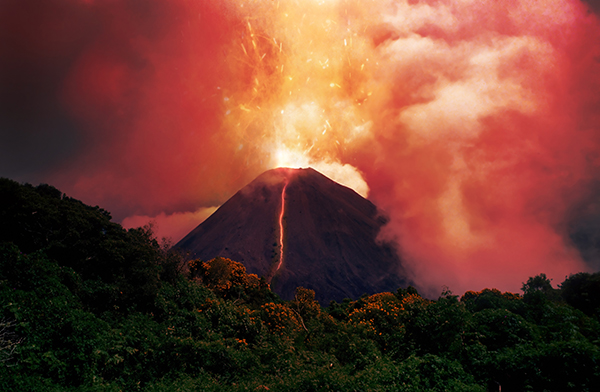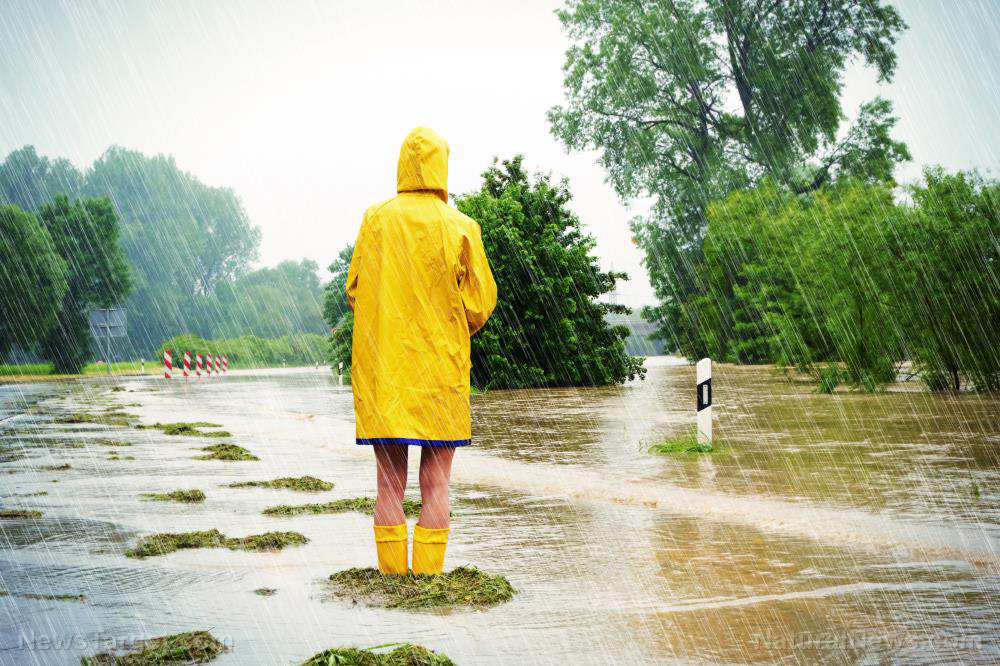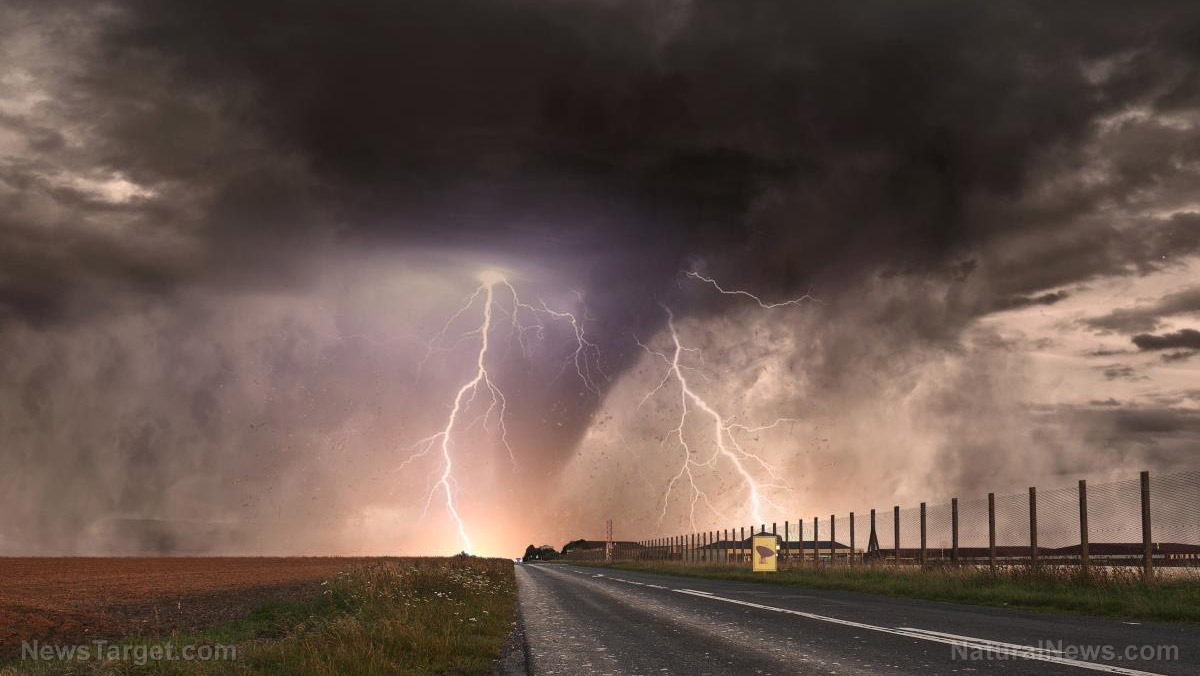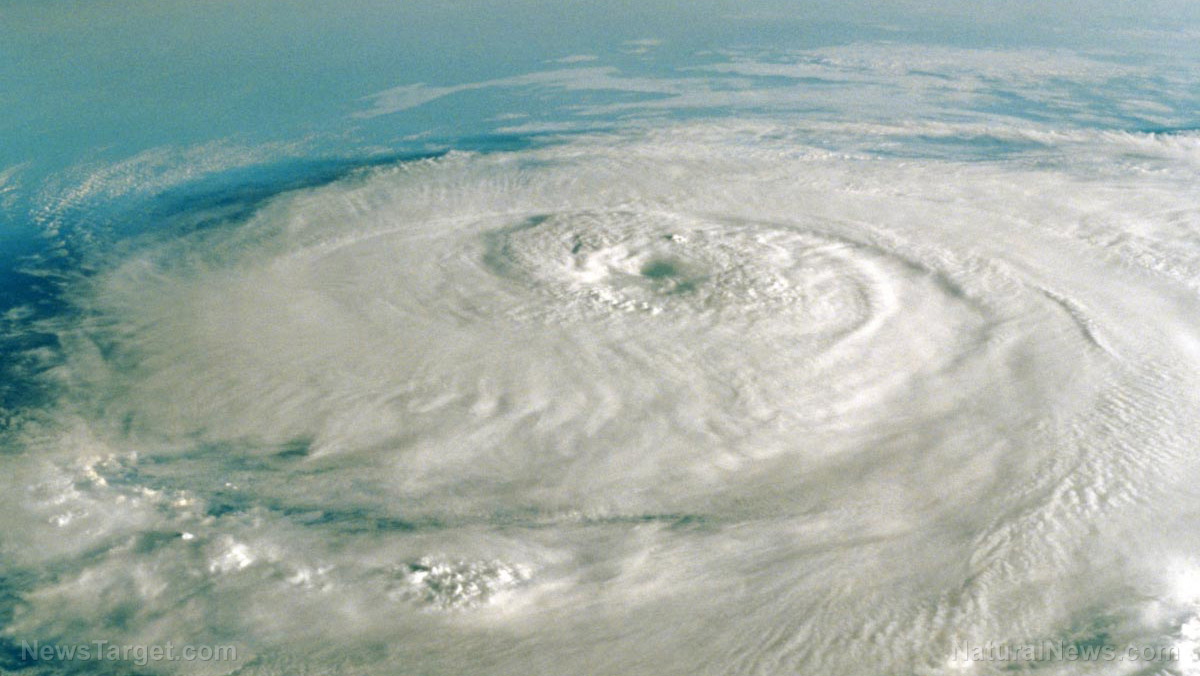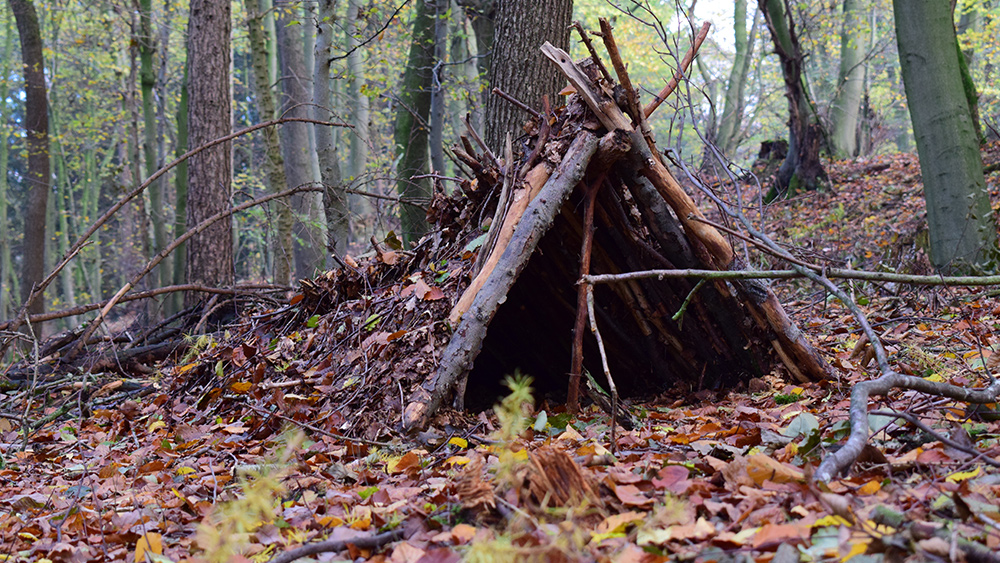Temperature changes due to Tonga eruption will affect food production, warns David DuByne
01/02/2023 / By Kevin Hughes

“Adapt 2030” channel creator and producer David DuByne believes food production will be affected by temperature changes caused by a huge volcanic eruption in Tonga early this year.
“These temperature deltas, it’s cooling here, it’s cooling there. It’s cooling everywhere [in] Southern Hemisphere. So, we shall see some cooling happening to the Northern Hemisphere delayed by about six months, but will affect our 2023 crop growing zones,” DuByne said. (Related: FOOD CRISIS: David DuByne tells Mike Adams hunger looms as crops fail due to “grand solar minimum.”)
Climate change due to carbon emissions has nothing to do with it. It happened before and it will happen again. That’s just how Mother Nature works.
DuByne recalled that a year after the 1815 Mount Tambora eruption, food production was knocked out, crop production was not forthcoming and famines happened across Europe.
The “Mini Ice Age Conversations Podcast” creator and producer pointed out that the world started to see the exact same temperature profiles and drops in temperature following the eruption of the Hunga Tonga-Hunga-Ha’apai volcano on January 15.
He noted that there is already a season delay in the planting from the eruption in Tonga, which is in the Southern Hemisphere.
“They are not putting in the fields at the moment when they should have months ago. Late planting would have been two weeks and they are going to have to jack that thing with an enormous amount of potash to get it to grow,” DuByne said.
India expanding its wheat fields by 25 percent
Elsewhere in the show, DuByne mentioned that Indian farmers have boosted their wheat production. India, he noted, is already the second-largest wheat grower and exporter in the world.
“India accounts for 14 percent of all wheat grown on the planet, and it is now expanding its wheat fields by 25 percent,” he said. “Farmers in India understand what is happening, and the exports that they normally would be able to give to the rest of the world are going to be kept domestically.”
According to DuByne, arable lands that are considered marginal nonprime will be put into 100 percent full production to get a much-needed yield. “When a global famine comes, people who grow food such as grains are going to be earning a lot of money,” he said.
Taking large marginal lands and turning them into productive lands would be worth the time and effort provided they are close, connected and in a regional area.
“You could get the exclusive lease or buy out everybody else’s leases on the marginal lands and put them under one control mechanism. That way distribution of fertilizers and machinery for harvesting and tilling would all be under one person making a plan out for the entire zone,” DuByne explained.
DuByne also talked about organic agriculture, saying that moving into 100 percent organic agriculture with no tapering phase is dangerous. He added that a lot of nations are turning to organic agriculture because they can’t get access to chemical fertilizers, driving down production in the process.
He also discussed the importance of buying storable foods that can last for years, or even decades.
Follow FoodCollapse.com for more news about the food production crisis
Watch the video below as David DuByne warns about the coming global food crisis.
This video is from the ADAPT 2030 | Solar Minimum channel on Brighteon.com.
More related stories:
Western countries are orchestrating a global food crisis while blaming Russia for it.
India cuts off wheat exports amid skyrocketing prices, destructive heatwave.
Possibility of poor wheat harvest in China increases fears of global food collapse.
Sources include:
Submit a correction >>
Tagged Under:
Adapt 2030, arable lands, chemical fertilizers, crops, David Dubyne, Europe, food collapse, food production, food supply, global famine, harvest, India, marginal lands, Mount Tambora eruption, northern hemisphere, organic agriculture, rationing, scarcity, Southern Hemisphere, storable foods, Tonga eruption, world agriculture
This article may contain statements that reflect the opinion of the author
RECENT NEWS & ARTICLES
COPYRIGHT © 2017 DISASTER NEWS



